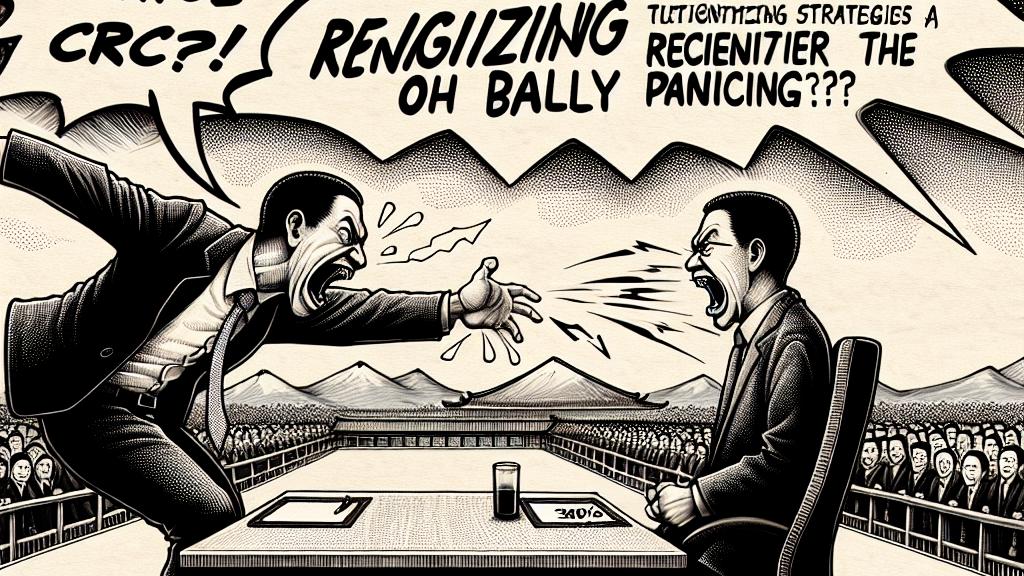Mastering High-Pressure Negotiation Tactics
Overview
- Uncover the diverse strategies behind high-pressure negotiation techniques.
- Master the art of responding effectively to aggressive demands.
- Boost your confidence and skills for successful negotiations.

The Landscape of High-Pressure Negotiations
The realm of business is rife with high-pressure negotiation tactics, particularly in competitive environments like Japan. Picture yourself in a meeting where the client suddenly demands a staggering 30% price cut. This isn't just a casual conversation; it’s a tactical move intended to rattle you and push you towards hasty concessions. These tactics often involve shouting over you or reducing your options to a binary choice, creating a sense of urgency and intimidation. However, understanding that these strategies are designed to control the narrative is crucial. Recognizing their intent helps you prepare mentally and physically, allowing you to respond with poise rather than panic.
Crafting Effective Responses
When confronted with aggressive demands, the key to regaining control lies in crafting strategic responses. Instead of reflexively agreeing or defending your position, consider redirecting the conversation. For instance, you might say, 'I appreciate your interest in reducing costs, but may I ask what specific results you expect from such a discount?' This approach not only shifts the burden of justification onto them but also steers the dialogue toward uncovering their true motivations. As an illustration, if they express concerns about market competition, you can explore alternative solutions that address their concerns without sacrificing your interests. This way, you create space for collaboration rather than confrontation, transforming the negotiation into a problem-solving discussion.
Building Unshakable Confidence in Negotiation Skills
Developing unshakeable confidence in negotiation is paramount for adeptly handling high-pressure situations. Begin your journey by thoroughly preparing before any negotiation; understanding your goals and establishing a range within which you are willing to negotiate is essential. For example, if a client insists on a 30% reduction, you might plan to counter with a 10% discount, but also propose a longer engagement period. This flexibility can create a win-win situation where both parties feel satisfied. Moreover, after every negotiation, take time to reflect on what strategies were effective and which ones could be improved. Perhaps keep a journal detailing each encounter, noting successful techniques and areas for growth; this practice fosters your skills and builds resilience for future negotiations. Remember, confidence comes from both preparation and experience—each successful negotiation builds your ability to handle the next with even more ease.

Loading...